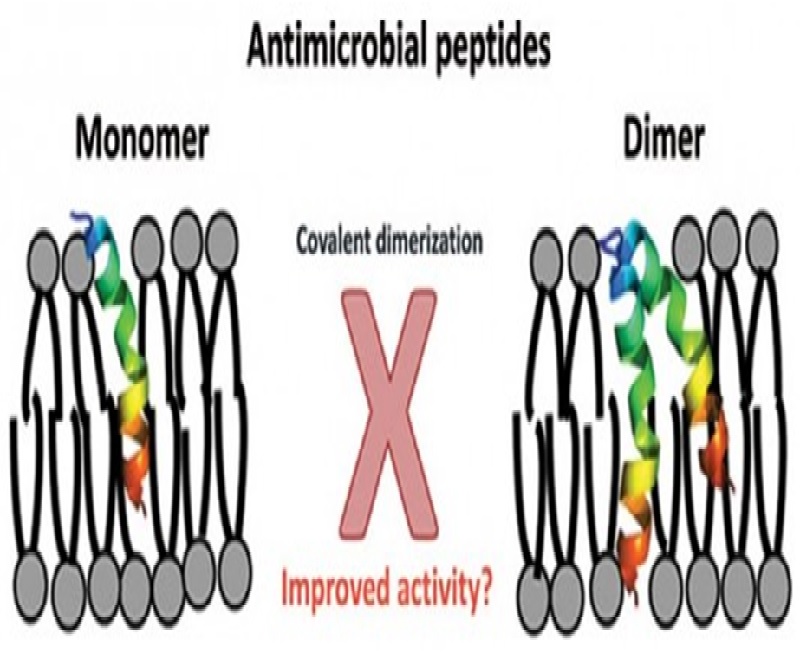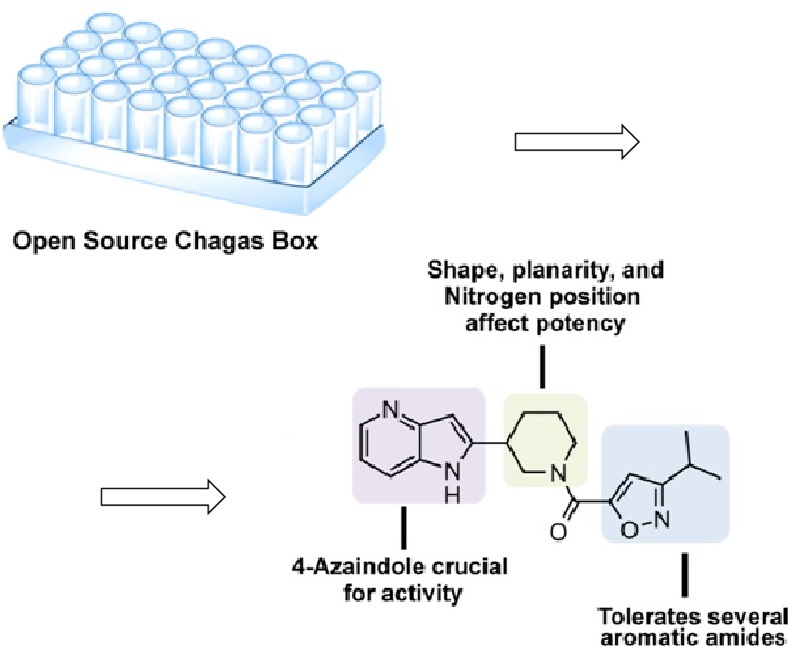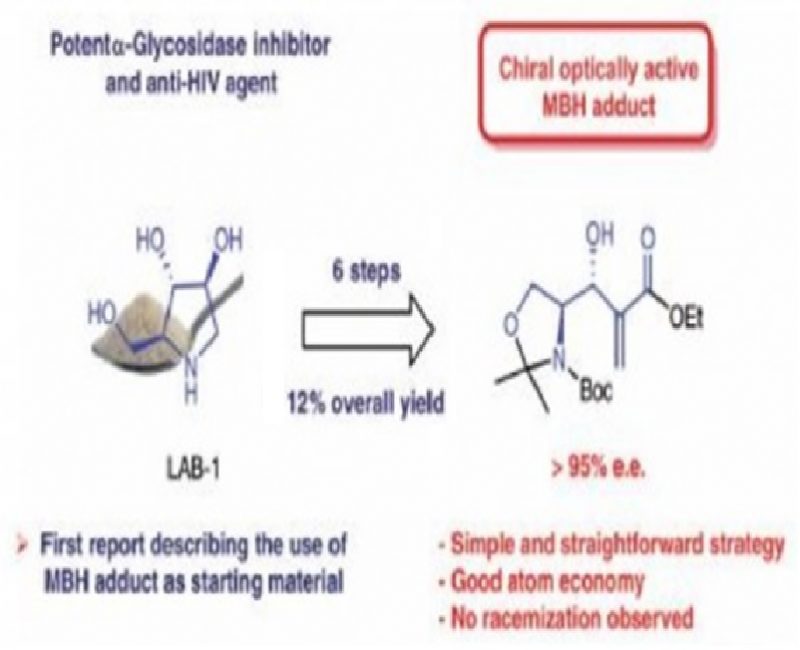
Authors:
Lorenzon, Esteban N. 1 ; Piccoli, Julia P. 2 ; Santos-Filho, Norival A. 3 ; Cilli, Eduardo M. 2
Abstract:
Antimicrobial resistance is a global health problem with strong social and economic impacts. The development of new antimicrobial agents is considered an urgent challenge. In this regard, Antimicrobial Peptides (AMPs) appear to be novel candidates to overcome this problem. The mechanism of action of AMPs involves intracellular targets and membrane disruption. Although the exact mechanism of action of AMPs remains controversial, most AMPs act through membrane disruption of the target cell. Several strategies have been used to improve AMP activity, such as peptide dimerization. In this review, we focus on AMP dimerization, showing many examples of dimerized peptides and their effects on biological activity. Although more studies are necessary to elucidate the relationship between peptide properties and the dimerization effect on antimicrobial activity, dimerization constitutes a promising strategy to improve the effectiveness of AMPs.
1 Federal University of Jatai, Unidade Academica Especial da Saude, Jatai-GO, Brazil
2 Institute of Chemistry, Sao Paulo State University (UNESP), Araraquara, SP, Brazil
3 Sao Paulo State University (UNESP), Campus Experimental de Registro, Registro, Sao Paulo, Brazil
Link to article;







